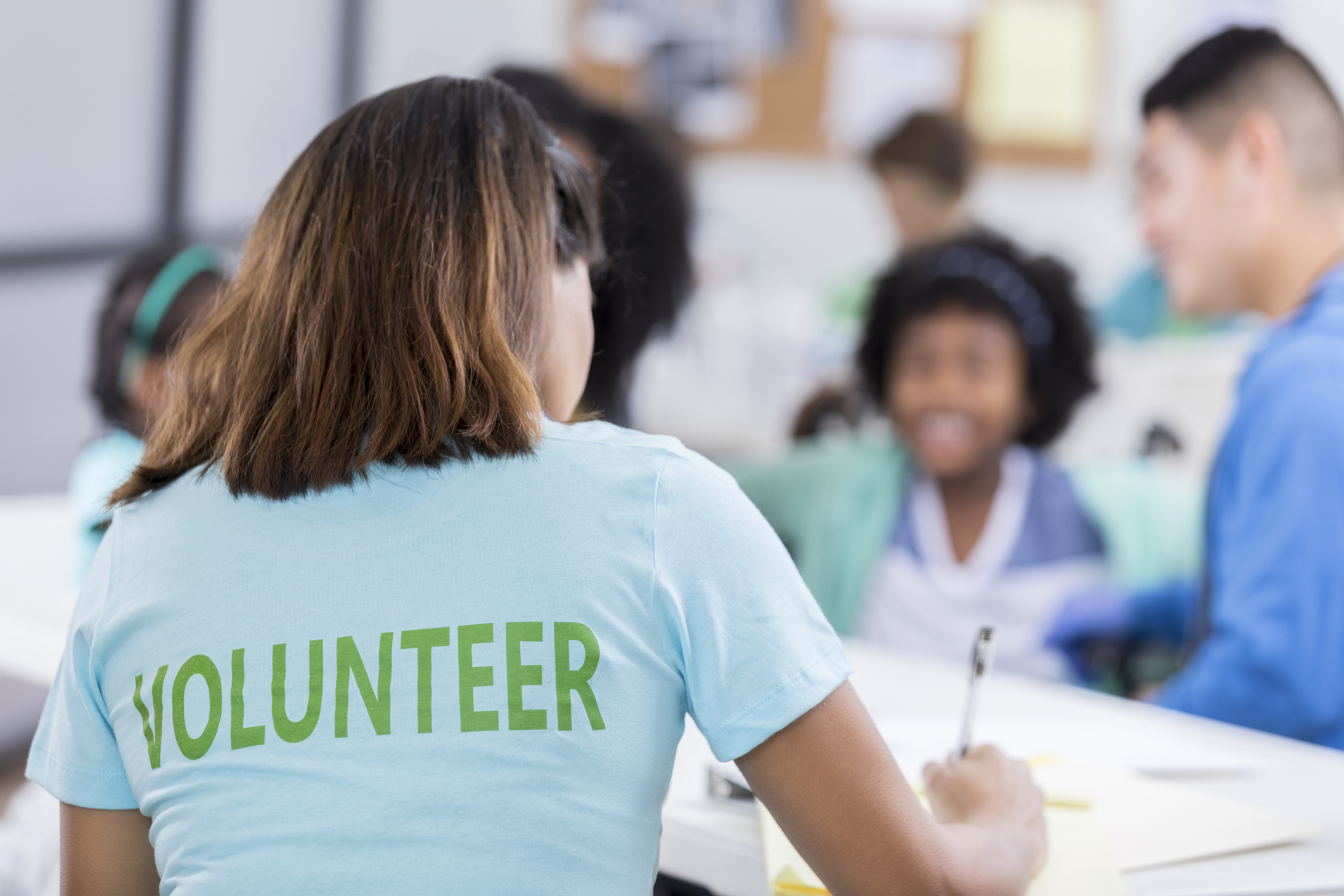When researchers look at the people who are more likely to vote in elections, or to volunteer in their community, they regularly find themselves describing the same group: those who are highly educated, come from middle class backgrounds and households, who believe that interacting with their community is what a ‘good citizen’ does, and who have an interest in political and community affairs.
This is because the drivers of many forms of political and civic activity are, for the most part, very similar: people who possess the resources that makes such activity easier (such as skills, knowledge, money or time), who exhibit values emphasising the importance of being politically and civically active, and who have developed an interest in political and neighbourhood affairs are the most likely to be active in our communities.
This presents a classic chicken and egg problem for projects, like this one, trying to identify the effect of one form of community activity (such as volunteering) on another (such as voting). Most research in this area is dependent on surveys that give a snapshot of people’s behaviour at a single point in time (ie, when they completed the survey). Untangling this complex causal web is one of the major challenges of this project: if we want to know whether volunteering can help more young people vote in elections, we need to be able to tell whether people become more likely to vote after they have volunteered.
The key to Understanding Society survey is that it asks the same people the same questions at regular intervals. This means that we can compare, for example, an individual’s voting behaviour after they have volunteered with that before they had any volunteering experience. We can also compare the change in electoral participation over time of those who volunteered with those who didn’t, meaning that we can isolate the effect of volunteering from other contextual changes that might have made everybody more likely to vote.
This gives us a much more effective way of looking at how volunteering might make people more likely to vote in elections. For example, in the 2013 Understanding Society survey, 31% of those under the age of 30 said that they were ‘very likely’ to vote in the next election. Amongst those who went on to volunteer over the following year – 41% of which said that they were ‘very likely’ to vote in 2013 – 51% said that they were ‘very likely’ to vote when asked again in 2016: a ten point increase in the proportion who were all but certain to vote. Amongst those who did not volunteer in 2014, however, the increase was the same: 29% of them said that they were ‘very likely’ to vote in 2013, which rose to 39% in 2016. While those who volunteered were more likely to vote in 2013 and 2016, therefore, both those who volunteered and those who did not became more likely to vote between the two surveys, and by roughly equal amounts. This would suggest that volunteering has little effect on expected turnout.
If we look at those who said that they were ‘very unlikely’ to vote in 2013, however, the picture is a little different. Almost a fifth of under-30s said that they were ‘very unlikely’ to vote in 2013; of these, half who did no volunteering at all in 2014 still said that they were ‘very unlikely’ to vote in 2016, but a quarter of those who did volunteer said that they were ‘very likely’ to vote. In other words, of those young people who said that they did not expect to vote in 2013 and who did not volunteer, the majority still expected not to vote in 2016, while the majority of those who did volunteer felt that they were more likely to vote in 2016, and a quarter were all but certain to do so. This would suggest that volunteering does have a positive effect on turnout – but it is concentrated on those who are the least engaged with politics to begin with.
This is only an illustrative example, of course; it cannot account for other factors that might have affected how likely the respondents were to vote between 2013 and 2016, such as changes in their education or employment status, or the EU Referendum. More sophisticated analyses will be used in this project to account for these and isolate the effect of volunteering more clearly. The opportunity to look at expected turnout before and after volunteering in the same individuals, however, means that we can at least be more confident that volunteering leads to higher rates of electoral participation (amongst the disengaged) than if we were dependent on a single survey. It is the beginning, therefore, of tentative evidence that after volunteering in their community roughly one in ten people under-30 in the UK became more likely to vote between 2013 and 2016.
The key research objective of this project is to apply this insight at a more detailed and sophisticated level: to uncover whether volunteering, once we’ve accounted for other factors and characteristics that make people more likely to vote (and to volunteer), gives people the resources and motivation to be more engaged with politics, and make sure their voices are heard in elections.
Image credit: Steve Debenport, iStock

